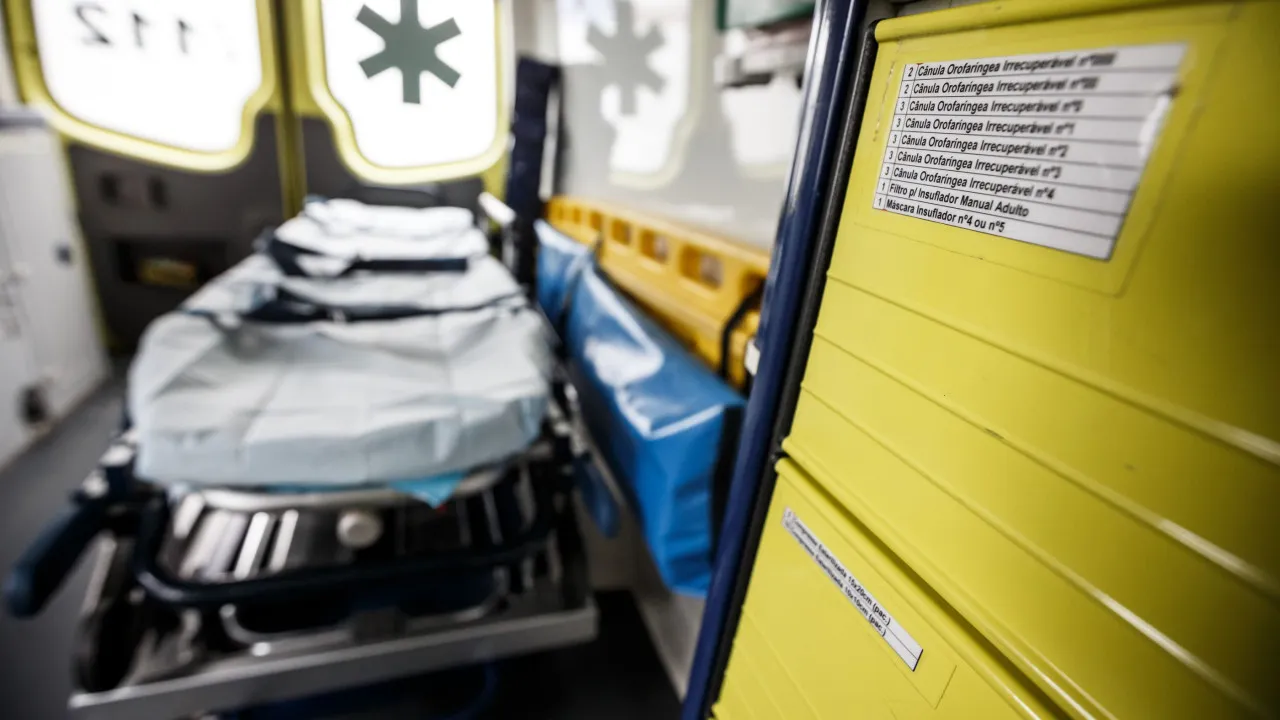
The National Emergency Medical Technicians Association (ANTEM) has expressed concerns regarding the quality of clinical training provided to system operators following the death of a 73-year-old man. This incident has prompted a complaint to the Health Activities General Inspectorate (IGAS) in April, as reported.
It is reported that operations by the National Institute of Medical Emergencies (INEM) led to the death of an “entirely autonomous” man in Portimão due to “several mistakes” allegedly made by INEM professionals, who reportedly “attempted to alter information to cover up the errors.”
The case raises serious questions about the pedagogical content currently provided by INEM, which is considered mismatched to the latest scientific evidence and the practical demands of modern pre-hospital medicine.
IGAS confirmed today that it has opened an inspection process, which was determined on May 7, concerning the quality of services provided by the emergency medical technicians of the Portimão medical emergency ambulance.
ANTEM has highlighted that the “lack of adequate continuous training, quality control, and the persistence of outdated pedagogical models compromise the effectiveness of clinical response in the field.”
While expressing its readiness to collaborate with competent authorities in developing a more rigorous education and training model, the association emphasizes its commitment to follow the investigation by authorities with “calmness and institutional respect.”
ANTEM considers it “unacceptable to solely hold operators accountable for potential failures, as they are often placed in complex scenarios without appropriate preparation and technical updates due to weak training.”
The operational staff of the Emergency Medical System (SIEM) have consistently demonstrated a high level of dedication, professionalism, and a sense of mission, even in adverse conditions. It is unfair and counterproductive to point fingers without addressing the significant structural and training deficits persisting in SIEM.




